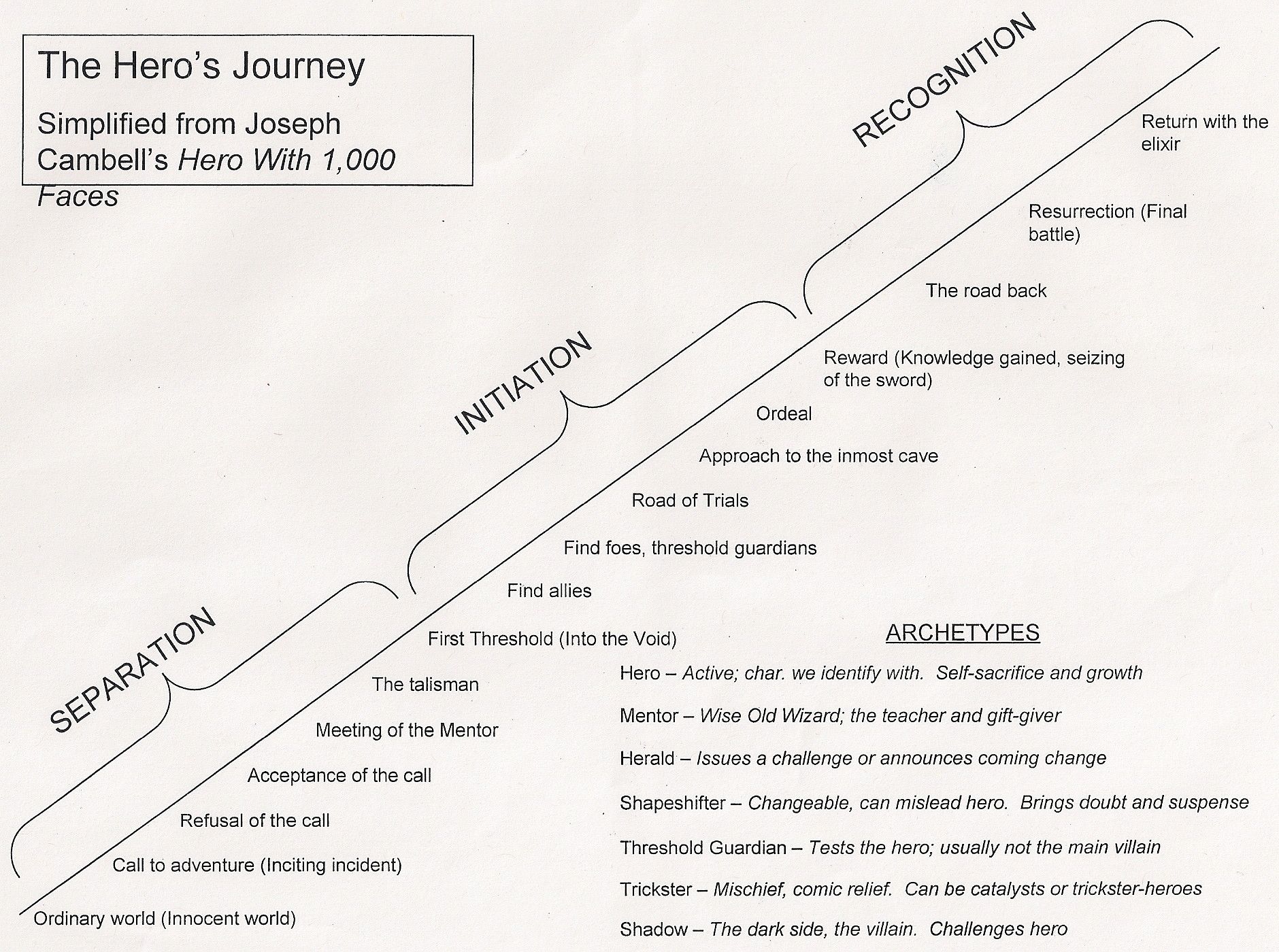In a world burgeoning with information, the interplay of belief and non-belief constitutes a critical discourse in the realms of philosophy, spirituality, and identity. Particularly within the framework of Bahá’í teachings, the question arises: Is non-belief inherently reasonable? This inquiry invites an exploration of belief systems and their relative complexities, while simultaneously challenging the normative assumptions surrounding skepticism and agnosticism.
To embark on this intellectual journey, it is pertinent to delineate the concept of non-belief. Non-belief, often synonymous with atheism or agnosticism, manifests not as a void of thought, but as a conscious stance that may stem from various existential inquiries, epistemological questioning, or even a profound search for meaning. The Bahá’í perspective, rooted in principles of unity and progressive revelation, encourages individuals to approach spiritual truths with an open mind while critically examining preconceptions. As such, one must ponder whether the absence of belief is a rejection of the divine or an equally legitimate pathway towards understanding the cosmos.
Firstly, the teachings of Bahá’u’lláh posit that truth is not monolithic; it is multifaceted and unfolds progressively through the ages. This understanding accords a certain gravitas to the stance of non-belief. If beliefs can evolve and transform, does it not follow that non-belief might equally reflect an advanced level of discernment? This perspective compels a reassessment of the rationale behind non-belief. Many eminent thinkers—both past and present—have articulated non-belief as an edifice constructed from the rubble of empiricism and philosophical inquiry. Indeed, is it reasonable to reject belief systems that lack empirical substantiation? Similarly, does the intimacy of personal experience not warrant consideration as an alternative pathway to traditional belief structures?
Moreover, the Bahá’í framework encourages dialogues that bridge differences rather than deepen divides. In this light, examining non-belief becomes a necessary endeavor in fostering mutual understanding. Individuals who adopt a non-belief position may do so through the lens of critical analysis, a desire for autonomy in intellectual pursuits, or as a response to perceived injustices within established religious traditions. Thus, one could assert that non-belief is not an inherently unreasonable stance but rather a reflection of the individual’s intense search for authenticity in their relationship with the universe and the divine.
Conversely, one must recognize the possible limitations and challenges inherent in non-belief. The absence of belief can sometimes lead to nihilism—an existential quagmire wherein one questions the very purpose of existence. The Bahá’í teachings, which emphasize the significance of purpose and the interconnectedness of all life, stand in stark contrast to such a perspective. This juxtaposition beckons a deeper question: can the non-believer derive meaning from existence devoid of a belief system or a higher power to which they ascribe significance? An exploration of this dilemma necessitates a recognition of human nature’s intrinsic desire for meaning, transcending individual experiences.
Beyond individual motivations, the societal implications of non-belief warrant consideration. Non-belief can be positioned as a catalyst for progressive dialogue, stimulating discussions surrounding the intersectionality of belief, ethics, and morality. It promotes an environment where ideas can be analyzed without the dogmatic constraints often associated with traditional religious institutions. Yet, this proposition invites a critical reflection on whether the discussions surrounding non-belief could lead to subjective relativism, where any belief or disbelief could claim validity. Thus, while the notion of non-belief is dignified within Bahá’í teachings, it simultaneously raises questions regarding the locus of ethical standards and moral accountability.
In the spirit of Bahá’í teachings, the exploration of belief and non-belief should not be an exercise in supremacy of one over the other but rather a communal search for truth. Engaging with detractors and skeptics can enrich one’s spiritual journey, leading to heightened awareness and understanding. This multifaceted dialogue encapsulates the essence of the Bahá’í principle of unity—rooted in respectful and thoughtful engagement.
Nevertheless, a salient point remains: what are the implications of non-belief on an individual’s spiritual quest? Some proponents of non-belief claim that it liberates individuals from the shackles of dogma, allowing for a more personalized spiritual exploration. Conversely, detractors argue that this can lead to an isolation of the self and a disconnection from communal spirituality—principles the Bahá’í Faith profoundly values. Thus, the challenge is to ascertain how individuals can navigate their spiritual journeys, whether they identify as believers, non-believers, or somewhere in between.
In conclusion, the question of whether non-belief is inherently reasonable does not yield straightforward responses. The Bahá’í teachings advocate for an inclusive dialogue that honors the diversity of human experience. Non-belief represents a unique perspective that can complement discussions of belief rather than opposing it outright. By embracing the nuances of this topic, individuals may find common ground in their quests for truth, peace, and unity. Ultimately, the exploration of belief and non-belief spurs not only philosophical inquiry but invites each person to reflect upon their own spiritual odyssey in the pursuit of greater understanding.
